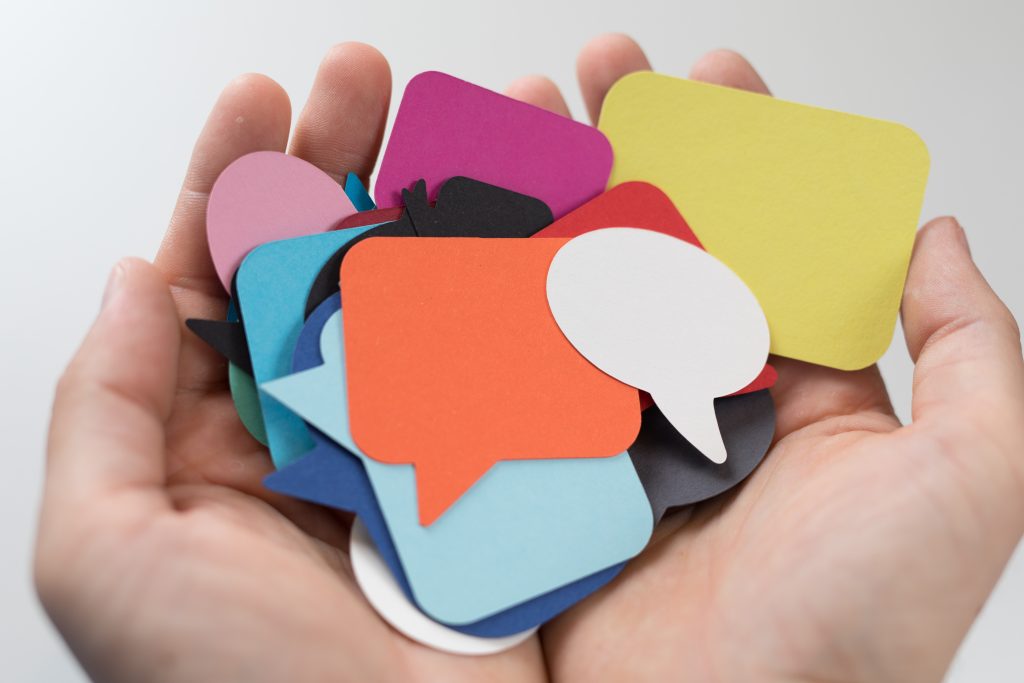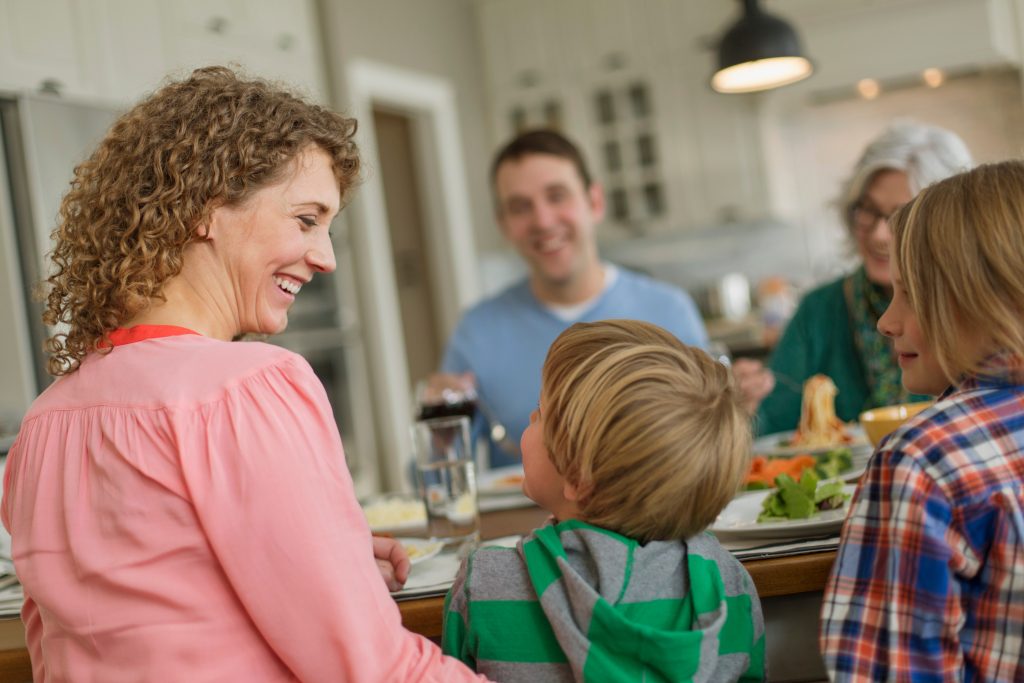
“So, how was your day?” Fine.
“What happened in school today?” Nothing.
You’re trying to connect. You’re trying to get them to open up. But even when you ask open-ended questions, sometimes no one really wants to talk. How do you get beyond one-word answers and superficial communication so you can really connect with the people you care about?
Starting Real Conversations
Real conversations sometimes need a little help in the form of an interesting question:
“If you could have any object or place to yourself for one day, what would you choose?”
“Would you rather live for a week in the past or a week in the future and why?”
“What do you think is the saddest song of all?”
“If you were a teacher, what is one book you would insist that your whole class read?”
Questions like these spark creative answers allowing people to open up and share more about themselves in a safe, fun way.
Why Use Conversation Starters?
1. Healthy relationships thrive on people sharing intimate information: personal thoughts, feelings, hopes, dreams, fears, desires, and values. Conversations about the “maintenance” aspects of life like who is going to pick up milk or pay a bill are important to keep life functioning. But those conversations are all on the surface. Conversation starters allow you to share more intimate information with each other.
2. Self-disclosure improves connection and feelings of closeness in relationships. You want to know what your partner, friends, and kids really think and feel about things. You want to be able to help them feel safe to self-disclose and express deep thoughts and hypothetical questions allow for this. When you share personal information with someone, you feel closer to them.
3. Talking about hypothetical situations (instead of what happened at work today) is like getting a little vacation for the mind. It’s a wonderful escape from the mundane to consider something new and different and then share that with others. Great businesses do this regularly with their employees to help them to think outside of the box and connect and work better with each other. So do well-functioning couples and families.
Conversation Cards
There are several companies that have marketed conversation-starter card packs, so you don’t have to try to come up with all those interesting questions by yourself! Here are a few to try: Chat Packs – Table Topics – 100 Date Night Questions – KidTalk Conversation Cards
When To Use Them
At the family dinner table, in the car when there’s time to talk, in the evening when creative thinking can help anxious kids to end the day on a positive note, for date nights to keep conversations interesting and intimate, and at bedtime so couples can share more personal thoughts and feelings.

Using them regularly might even improve the quality of the answers you get when you do ask, “So, how was your day?”
Dr. Anita Sanz, PhD, Psychologist
